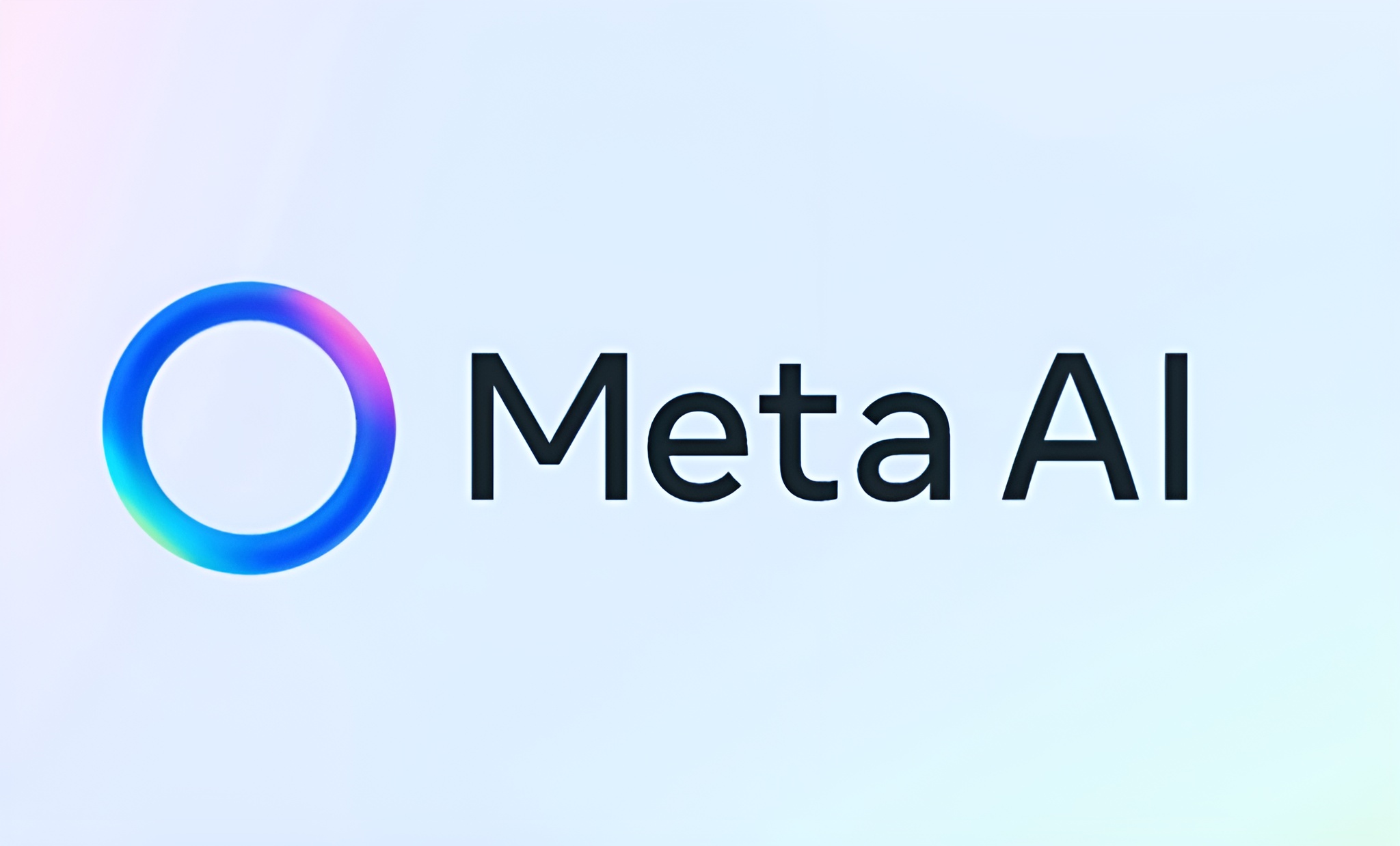The US giant, Meta, has intensified its campaign against online scams targeting older adults, marking Cybersecurity Awareness Month with new safety tools and global partnerships.
Additionally, Meta said it had detected and disrupted nearly eight million fraudulent accounts on Facebook and Instagram since January, many linked to organised scam centres operating across Asia and the Middle East.
It is also collaborating with law enforcement and research groups such as Graphika to identify scams involving fake customer service pages, fraudulent financial recovery services and deceptive home renovation schemes.
Meta continues to roll out product updates to improve online safety. WhatsApp now warns users when they share screens with unknown contacts, while Messenger is testing AI-powered scam detection that alerts users to suspicious messages.
Across Facebook, Instagram and WhatsApp, users can activate passkeys and complete a Security Checkup to reinforce account protection.
The company has also partnered with organisations worldwide to raise scam awareness among older adults, from digital literacy workshops in Bangkok to influencer-led safety campaigns across Europe and India.
These efforts form part of Meta’s ongoing drive to protect users through a mix of education, advanced technology and cross-industry cooperation.
Would you like to learn more about AI, tech and digital diplomacy? If so, ask our Diplo chatbot!








